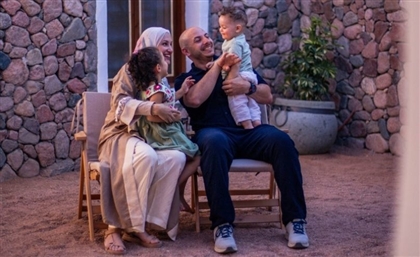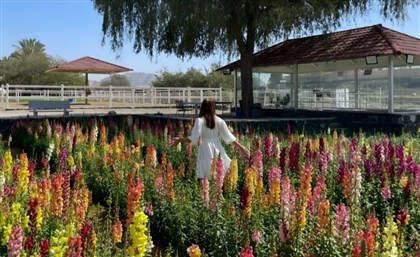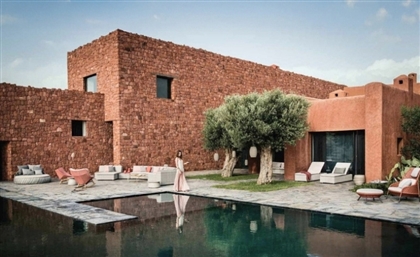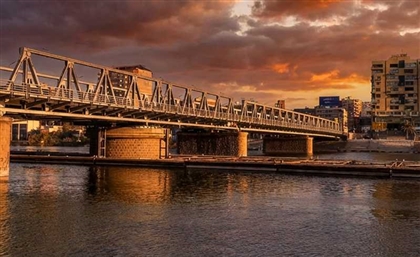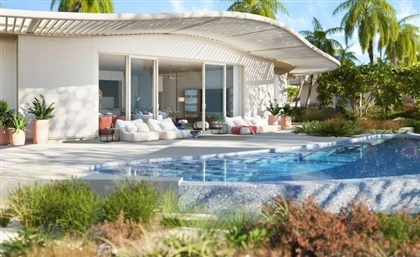The 100-Year Story of Lebanon’s Beit Noun Guesthouse
In the mountains of Jbeil, the party heritage of this beautiful property makes guests feel like they belong.
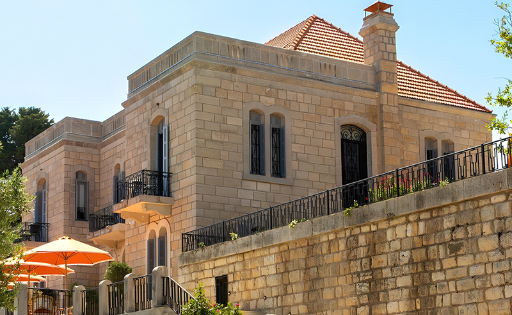
In the village of Mechmech in Lebanon, you spend your days laying underneath swaying pine and cedar trees, while your evenings are spent sipping a fruity cocktail or an icy beer. Scenic views stretch before you - the greens of the forest and the blues of the sky, which change to soft orange and purple by dusk. In this picturesque region, 900 metres above sea-level, lies Beit Noun - a boutique guesthouse with a wealth of history.
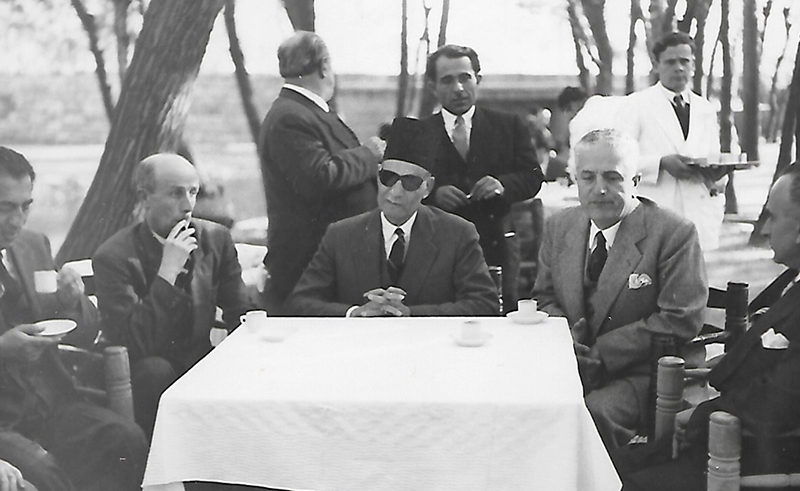
From the nation’s Golden Era in the 50s, up to its devastating Civil War in the 70s, the Lebanese countryside and coasts attracted the crème de la crème of the world - and nothing drew them in more than Jbeil. The glistening Mediterranean marina of this mountainous district has yachted Hollywood stars like Frank Sinatra and Marlon Brando, while the forests made up of the country’s signature cedar tree were dotted with picturesque villages. Then, just as it does now, you could stroll past houses of red-tiled roofs and ancient masonry, beach-side bars and breezy restaurants.
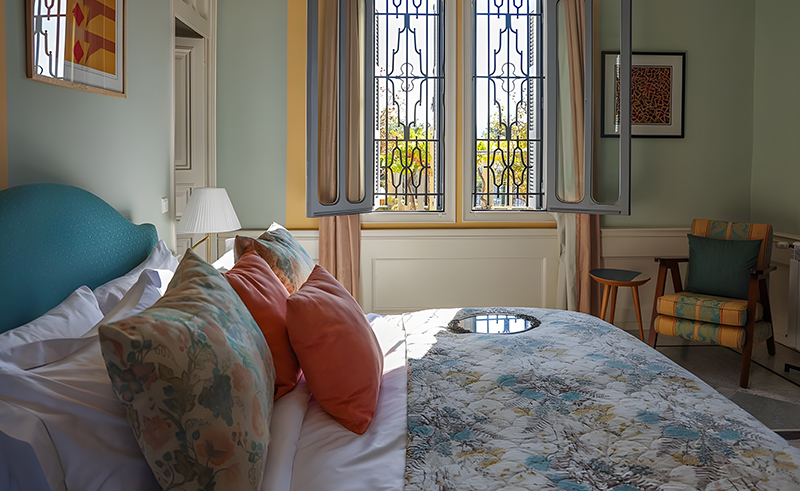
Situated just below the hallowed pilgrimage site of Mar Charbel, the patron saint of Lebanon, Beit Noun was originally developed by Edouard and Isabelle Noun nee El Khoury, a relative of Lebanon’s first president Bechara El Khoury. They built it as a private residence in the 1920s, flanked by groves of fragrant olive, fig, cherry and apple trees, and perched at the tip of the mountain.
“Edouard and Isabelle were a pillar of Lebanon’s high society, and used the estate as a gathering point of political elites, who would often be hosted in a pine tree-covered private garden besides the main house,” Mia Noun, manager at Beit Noun and great-granddaughter of the founders, tells SceneTraveller. “Their personal belongings still decorate the house. Isabelle was a collector of fine mirrors which we have placed around Beit Noun. Her gloves - she had very small hands - and Edouard’s canes remind us of them. We try to run Beit Noun with their spirit and in their memory.”
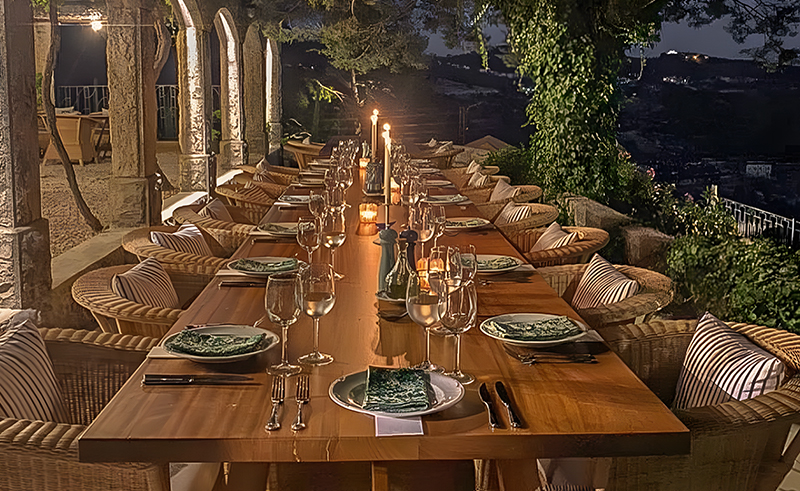
The house was built in the Art Deco style that was popular in that era, and employs red tiles and traditional Lebanese artisanry to accentuate the serenity of the region. The main house took 25 years to complete; Edouard employed villagers from the surrounding areas in its construction. Stones were carried from the nearby villages, which still stand strong to this day. The creation of the estate on which Beit Noun stands also saw the building of the first roads in the region as well as the canalisation of water, which made the estate a focal point for the villages. While preserving the classic design and layout of the house, celebrated regional architect Galal Mahmoud reimagined the space with a modern take.
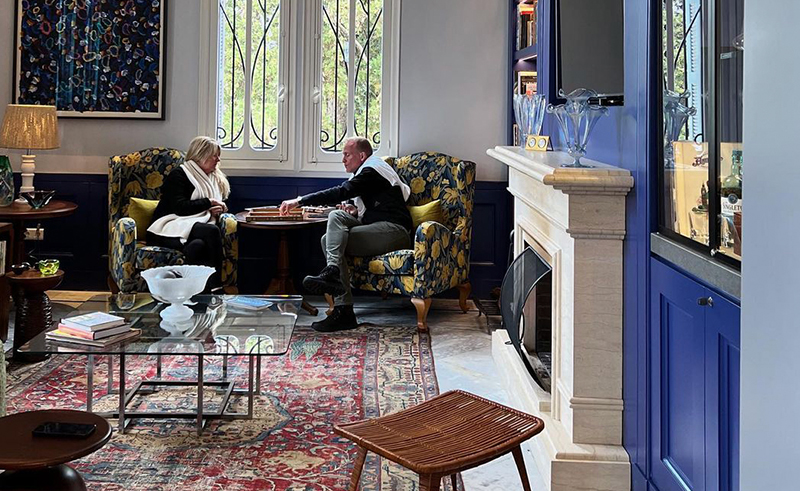
“The estate is known fondly by the local villagers as El Hara, because since its inception, it was founded as a place of gathering and of community,” Mia Noun says. The Noun family created a house with a warm family atmosphere filled with family lunches, society dinners with presidents and ministers, and - in the days of Mia’s grandfather Pierre Noun (“he was a bit of a hippy,” Mia says) - nights around the fire enjoying the peace and tranquillity of the highlands.
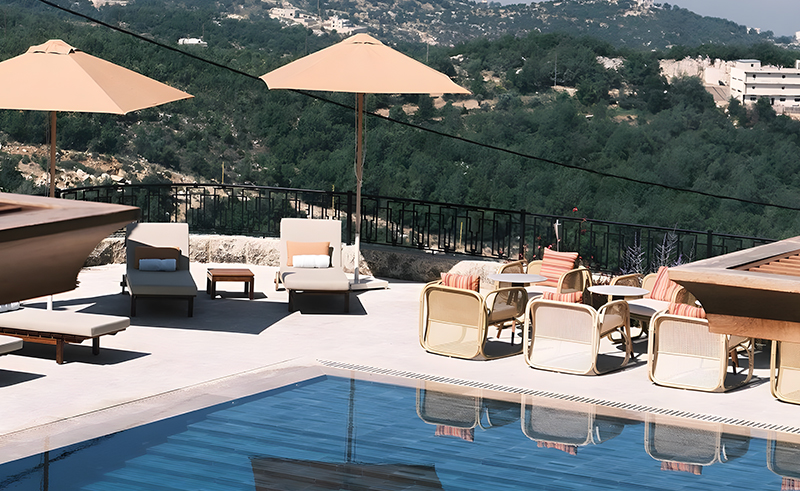
Today, the house has been re-established as a guesthouse that is still run by the Noun family. Newly opened, it aspires to reimagine the essence of the place. “We opened the guesthouse in the middle of the crisis in Lebanon, and it just made sense to do so,” Mia says. “It is a place meant to be filled with people.”
Whether it be a swim in the pool or the nearby azure mountain lakes, fruit picking in the gardens, trekking in the sprawling mountains, or just a relaxing massage and yoga, the guesthouse offers plentiful opportunities to unwind and immerse yourself in the traditions and history of the estate.
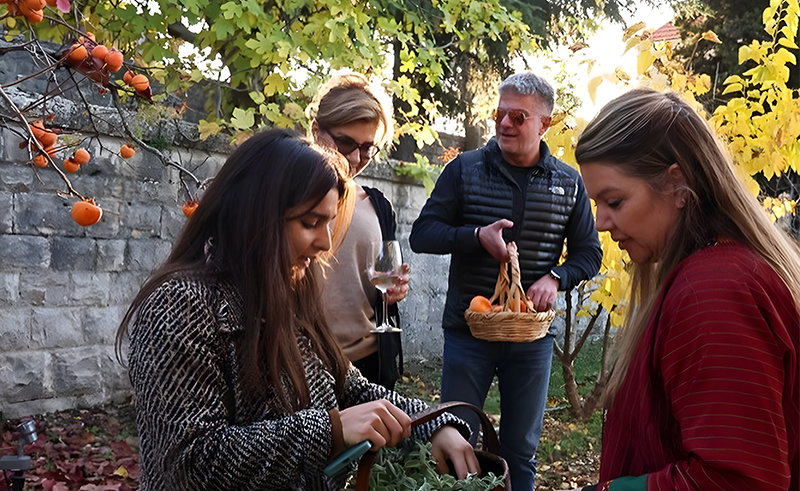
The natural environment around the house, including organic vegetable gardens and beehives, serve as the ideal break from city life. The menu mirrors the seasons, and mostly uses fresh produce from the gardens and villages. Older women from the villages come in to cook typical North Lebanese fare such as Kibbeh Nayye and meat stews which have been heated above charcoal for six hours. To quench your thirst, there is the estate’s wine bar, Le Bistro de Zahra (“Named after the cow of Heikal, one of the first gardeners on the estate,” Mia shares). It is placed in the very first house on the estate, which was built by the father of Edouard Noun, who was a priest and a butcher.
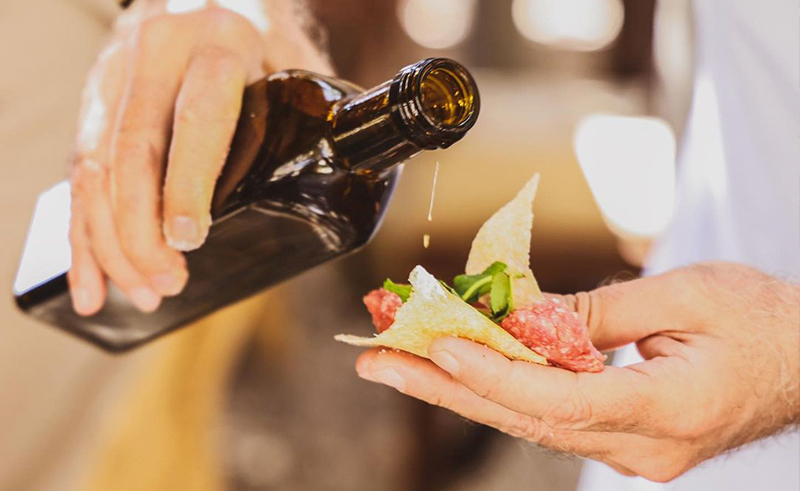
From USD 275 a night, guests can enjoy one of Beit Noun’s 13 rooms divided between the main house, the garden house and the pool house. Each room reflects its own character through unique colour palettes. Local artisans are still used in the upkeep of the house to maintain its original and traditional Lebanese country feel. According to Mia, the grandchildren and great-grandchildren of the villagers who assisted Edouard in developing the estate are still employed there, and view the place as a second home.
- Previous Article A New Eco-Friendly Mountaintop Retreat Is Coming to Sharjah in 2026
- Next Article Inside Egypt’s Seven UNESCO World Heritage Sites
Trending This Month
-
Jan 31, 2026




